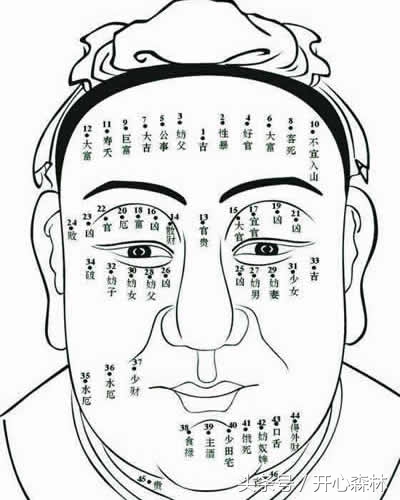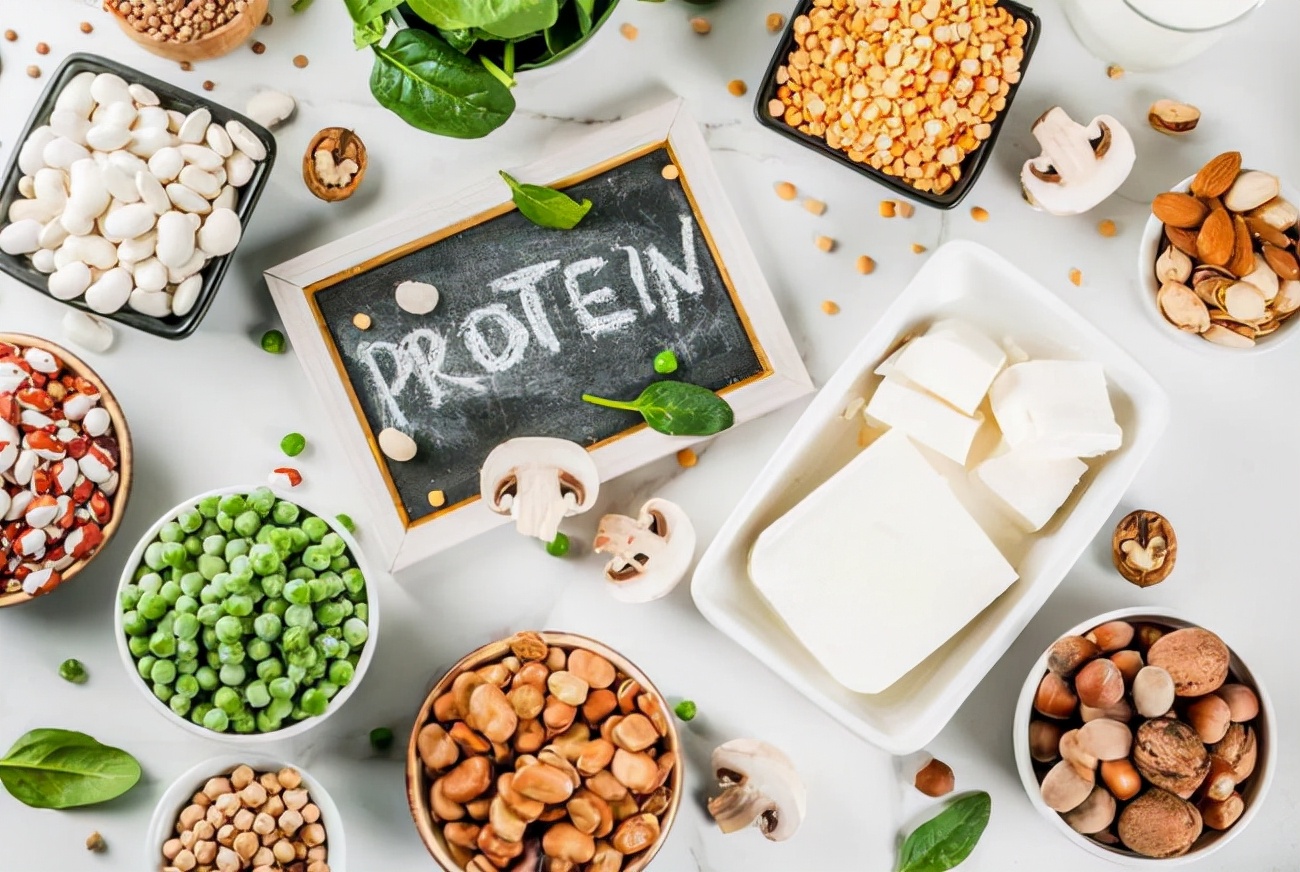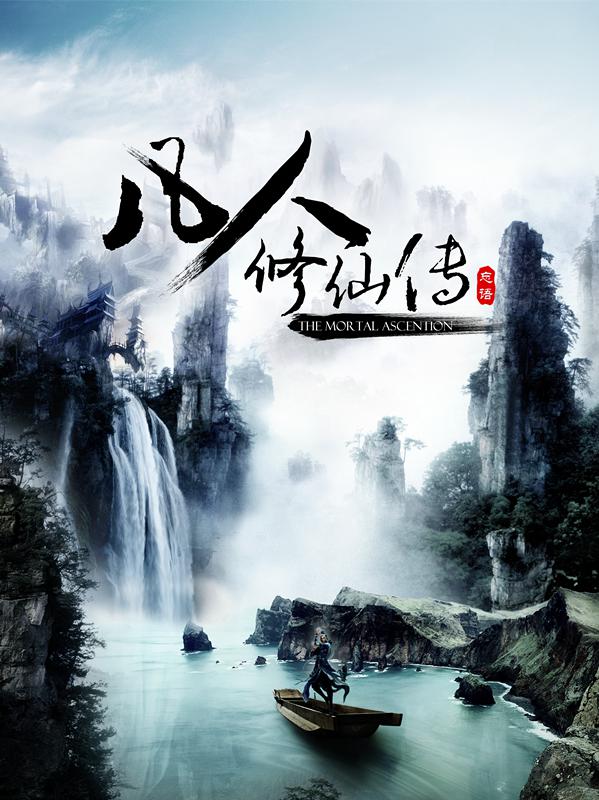如果你在“双十一”已经“剁手”,那在即将到来的“双十二”千万忍住,不然就要“吃土”了。
今天我们就来谈谈与“双十一”和网购热词有关的词语的英语翻译。

光棍节与双十一(Singles’ Day、Bachelors’ Day、Double 11、November 11、Bare Sticks Day、Bare Sticks Festival)
光棍节通常译为Singles’ Day或Bachelors’ Day,也可写为Singles Day、Single’s Day、 Bachelors Day、Bachelor’s Day。光棍节从诞生时起就和双十一结下了不解之缘,主要是因为11.11看起来就像是四条光棍。
光棍节的起源众说纷纭,但最常见的说法是源自于大学校园的娱乐文化:
Singles’ Day or Bachelors’ Day, which originated from Nanjing University in 1993, was initially celebrated at various universities in Nanjing during the 1990s. It got the name “Singles’ Day” because the date consists of four “one”s. Upon graduating, these college students carried the university tradition into society. Singles’ Day has been largely popularized in the internet era and is now observed by youth in several regions outside China as well. (维基百科)
也有人把光棍节叫作反情人节(Anti-Valentine’s Day),是单身汪们对自己孑然一身的无奈的自嘲。
国际上有一个黑色情人节(Black Day)是4月14日,类似于光棍节,在韩国非常流行。据说,2月14日情人节(Valentine’s Day)是女人给情侣送礼物(通常是巧克力)的节日,3月14日则是白色情人节(White Day),是男人给女人回赠礼物(也是巧克力)的节日,而4月14日则是单身汪的节日,在前两个节日没有收到礼物的单身汪这一天会穿上黑色衣服聚会,吃黑色食物,通常是炸酱面(韩语jajangmyeon),以此来祭奠一个单身汪的凄凉情怀。这个节日也被商家利用成为一个购物节、促销节,但其影响远远没有双十一那么震撼。

双十一购物狂欢节(Double 11 Shopping Carnival/Bonanza)
双十一在极短时间内所刷新的巨大销售额是传统购物形式所无法想象的,连海外媒体都感到瞠目结舌,从他们所发布的新闻标题上即可见一斑:
①China’s “Singles Day” Is the World’s Hugest, Craziest Online Shopping Spree (from Buzzfeed)
中国的“光棍节”是世界上最大、最疯狂的网购狂欢节
②China’s Singles Day sets spending record (from Financial Times)
中国人创光棍节花钱的新记录
③Forget Black Friday and Cyber Monday:100m shoppers splash out on China’s Single’s Day (from The Guardian)
忘了黑色星期五和网络星期一吧:数以亿计的中国网购者在光棍节挥金如土
④Singles’ Day: China splurges $9.3bn in 12 hours on world’s biggest online shopping day (from The Guardian)
光棍节:在这个世界上最大的网购节里,中国人12个小时之内就花出去93亿美元

“剁手”的英译
翻译“剁手”“剁手党”最直截了当的译文就是hands-chopping、hands-chopping people或a hand chopper,例如:
①再买我就“剁手”。
I’m gonna chop off my hands if I buy again.
②光棍节那天,她疯狂网购,当了回“剁手党”。
On the Singles’ Day, she engaged in crazy online shopping, becoming a hand-chopper as termed by the netizens.
但当“剁手”“剁手党”初次出现时,应当加以说明,以防读者误解,以为是恐怖片里的剁手狂魔,或是一种自残行为。
有时为了避免误解,也可借用英语中现有的表示购物狂的词来翻译“剁手党”,比如shopaholic、shopping mania、oniomania、shopping addicts等。例如:
①我室友是个“剁手党”。
My roommate is a shopaholic/shopping mania.
②一月份的打折促销对“剁手党”有着巨大的诱惑力。
The January sales can provide shopaholics with far too much temptation.
但当“剁手”代指“购物”或“疯狂购物”时,就不能按字面翻译,而要根据实际意义灵活处理。例如:
①昨晚一时没忍住,又“剁手”了
Last night I couldn’t help buying/doing online shopping again.
②最后一小时中,仍有来自230个国家的消费者忙着“剁手”。
In the last hour, there were still consumers from 230 countries maniacally engaged in the shopping spree.
③地球人已经阻止不了我女朋友“剁手”了。
No one on earth can stop my girlfriend from buying online crazily.

“吃土”的英译
巧合的是,英语中也有“吃土”的表达,即eating one’s dust,但此“土”非彼“土”,这里的“吃土”是指在田径比赛中远超对方,让对方跟在后面,吃自己扬起的尘土,所以“吃某人的土”就是被某人远远甩在后面的意思。例如:
①The veteran runner was performing at the best of his career, and everyone else in the race ate his dust.
那个赛跑老将发挥出运动生涯中的最佳水平,其他人都望尘莫及,被远远甩在后面。
②We’ve been eating the competitor’s dust since they released their new line of smartphones.
自从竞争对手推出了新的智能手机生产线,我们一直望尘莫及。
为了避免和eat one’s dust混淆,我们可以将“吃土”译为eat dirt/soil或live on dirt/soil。例如:
①过完“双十一”,我就要“吃土”了。
After November 11, I’ll have nothing but soil/dirt to eat.
②我花了太多的钱网购,看来下个月只能“吃土”啦。
I spent too much money shopping online. It seems that I will have to live on dirt next month.

此外,“吃土”也可以借用英语现有的表达方法进行翻译,以求达意。英语中表达“不名一文”的词语有很多,比如penniless、poverty-stricken (一贫如洗)、not have a bean (身无分文)、stony-broke (身无分文)、flat broke (身无分文)、without two pennies to rub together (身无分文)、not to have a single penny left on (身无分文)、to be skint (身无分文)、on one’s uppers (穿着只剩下鞋帮、没有鞋底的鞋子,指穷困潦倒)、down and out (贫困潦倒)等等。
①我如果失业了,我们就只能“吃土”了。
If I were unemployed we wouldn’t have a bean to spend.
②我宁愿“吃土”也不愿意干那种工作。
I wouldn’t take that job even if I were skint.
③我所有的钱都买iPhone6了,现在只有“吃土”了。
I have spent all my money on this iPhone 6. Now I am stony-broke.

西方购物节
其实,西方人也有类似的剁手节,比如美国感恩节后的Black Friday (黑色星期五)和Cyber Monday (网络星期一),以及英国的Boxing Day (节礼日)等。
1. 黑色星期五(Black Friday)
“黑色星期五”是感恩节(Thanksgiving Day,11月第四个星期四)后开业的第一天,也是人们圣诞购物季的开始(the start of the Christmas shopping season)。传统上,商家用不同颜色的墨水来记账,红色表示亏损即赤字(in the red),黑色表示盈利(in the black),Black Friday由此而来。对于商店员工来说,这一天忙忙碌碌,也是a black day。
2. 网络星期一(Cyber Monday)
网络星期一是感恩节假期之后的第一个上班日的网购促销活动,该词最早出现在2005年11月28日Shop.org网站发布的一条新闻:Cyber Monday Quickly Becoming One of the Biggest Online Shopping Days of the Year。和Black Friday不同的是,Cyber Monday只在网络上进行交易,参与主体也是小型零售商。
3. 节礼日(Boxing Day)
节礼日是英国及英联邦国家庆贺的节日,时间在圣诞节次日,即12月26日。和圣诞节一样,节礼日也是一个购物狂欢节。
然而,从销售规模上来说,这些购物节都无法和双十一相比,CNN在对2016年双十一销售情况的报道中曾进行过比较:There’s no other shopping bonanza quite like Alibaba’s Singles Day, which has once again smashed records … The tech giant reported $17.8 billion in sales during this year’s frenzy, breaking the record of $14.3 billion set in 2015. That’s more than Black Friday and Cyber Monday combined.

最后为大家奉上一组和网购相关的词语的英译:秒杀(seckilling)、预售(pre-sale)、红包(red envelopes)、优惠券(coupons)、包邮(free shipping)、七天无理由退货(7 days return)、山寨货(
rip-offs/knock-offs/copycats/fakes)、差评(negative comment/feedback)、有货(in stock)、断货(out of stock)、上架新品(new product display)、品质保证(quality guarantee)、(电子)礼品卡(gift/egift cards)、加入购物车(add to cart)、下单(place your order)、快递(express delivery)、快递员(deliveryman/courier)、送货方式(shipping method)、限时抢购(flash sale)、海淘(buy products from overseas websites)、冲动购买(impulse buying)。














